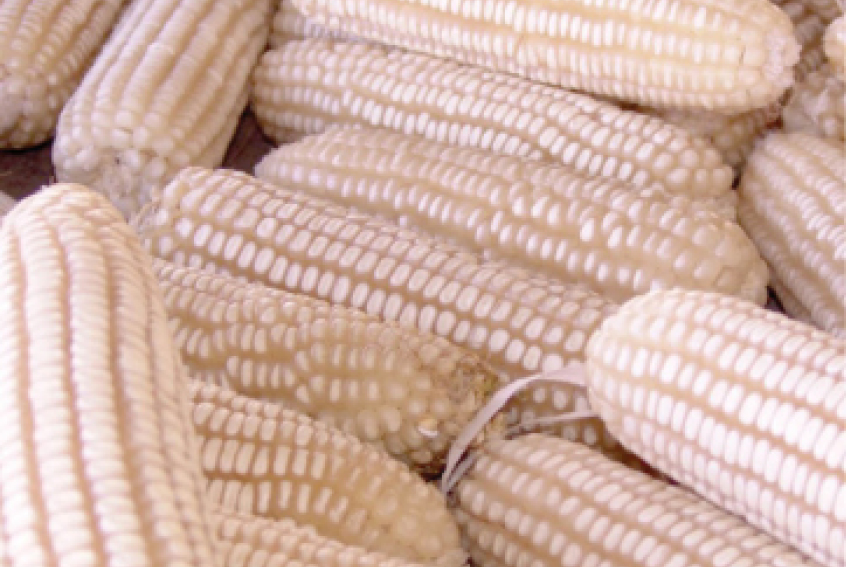Nigeria to save $283.2m annually by adopting TELA maize – Minister
Minister of Innovation, Science, and Technology, Chief Uche Nnaji, has said that the TELA Maize will save Nigeria from the annual Fall armyworm-induced losses exceeding $268 million and importation of maize worth $15.2m annually. Chief Nnaji mentioned this during a working visit to the National Biotechnology Development Agency [NABDA] demonstration farms and other facilities […]

Tella maize
Minister of Innovation, Science, and Technology, Chief Uche Nnaji, has said that the TELA Maize will save Nigeria from the annual Fall armyworm-induced losses exceeding $268 million and importation of maize worth $15.2m annually.
Chief Nnaji mentioned this during a working visit to the National Biotechnology Development Agency [NABDA] demonstration farms and other facilities in Abuja.
“TELA Maize is maize that is drought-tolerant and insect-resistant. It provides protection against drought, protection against stem borers, and significant protection against fall armyworms (FAW).
“This drought-resistant, resilient-on-pests, innovative maize species is indeed a game-changer. Beyond the reduced reliance on chemicals, the economic implications are profound. This innovation will counteract the annual Fall armyworm-induced losses exceeding US$268m. It will also save Nigeria a significant foreign exchange in the importation of maize over 400,000 metric tons and $15.2m annually.
“I am here to see for myself the giant strides of the agency in cutting-edge biotechnology, which is a strong and vibrant tool of the 21st century,” the minister said.
Director General/CEO, National Biotechnology Development Agency, Prof. Mustapha Abdullahi, said more biotech crops are on the way, adding that NABDA was working with other institutions to fast-track Nigeria’s Food Security Agenda.
“NABDA’s efforts and the gains of our farmers are making from commercially planting the two Biotech crop varieties (Bt Cotton with potential yield of 4.1 -4.4 tonnes /hectare as against 650-960kg of the local variety and Bt Cowpea with potential yield of 2.9-3 tonnes/hectare as against the local variety with 350 kg /hectare all developed by scientists at IAR, Zaria in partnership with NABDA, AATF Kenya, other national and international Collaborators),” he said.
